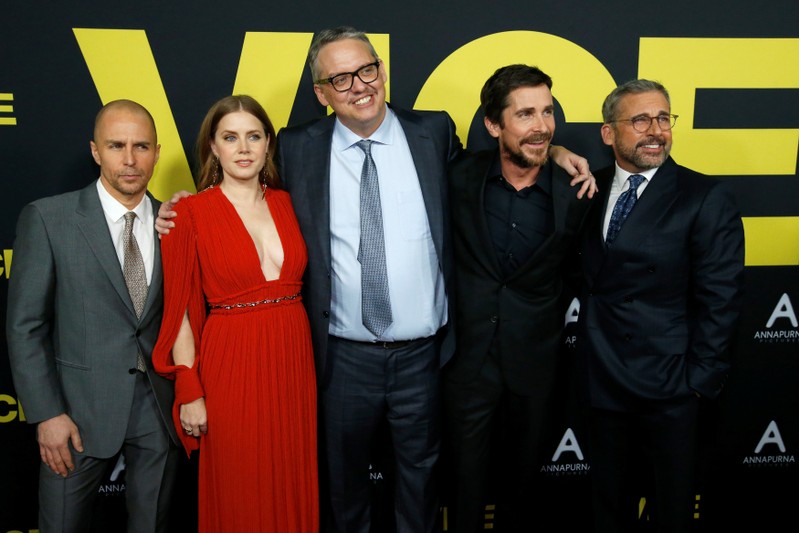
The Huawei sanctions fraud case rattled markets, stunned the tech world and put U.S. agencies on the spot. All three will be monitoring the next several weeks to see what’s next.
Huawei is one of China’s largest companies and is the second largest producer of mobile phones in the world. On Dec. 1, police in Vancouver arrested Huawei CFO Meng Wanzhou while she was on a 12-hour layover between Hong Kong and Mexico. Meng, the daughter of Huawei founder Ren Zhengfei, was charged in Vancouver over allegations that the company defrauded several banks, including HSBC and Standard Chartered, by concealing payments from Iran in violations of sanctions.
The case is defying expectations, said Amanda DeBusk, chair of the global international trade practice at Dechert law firm.
It not only triggered volatility in U.S. markets. It also has led to a series of responses from China that DeBusk believes will give incentive to Canada to settle the case rather than extradite Meng. Two Canadians have been arrested in China this month.
“Canadians will be expecting further retaliation if, in fact, they transport Ms. Meng to the United States and into the hands of U.S. authorities,” said DeBusk.
“Normally, of course, extradition with the Canadians is sort of routine, ho-hum, the person is brought back to the United States, then you go through the criminal process in the U.S.,” said DeBusk.
“But nothing is normal about this case.”
In fact, a third Canadian has been reported detained in China, but Canada’s diplomatic agency did not link it to Meng’s arrest and no further details were available, according to the Toronto-based National Post.
The United States has 60 days from the time of Meng’s arrest to make its formal extradition request, according to a Canadian Department of Justice spokesman. That will include “all the evidence that they are relying on in support of extradition.” After that, Canada would have 30 days to determine whether to procede.
In arguing their case in Canada, U.S. prosecutors will be most focused on the fraud allegations involving the banks, rather than Iran sanctions violations.
That’s because extradition from Canada typically requires serious charges like fraud, according to DeBusk, who formerly served as the assistant secretary for export enforcement with the U.S. Department of Commerce.
“That’s why you see all this framed in that way, to make extradition work,” she said.
Following this step, Canada’s attorney general, Jody Wilson-Raybould, will have to decide whether to extradite Meng. Further challenges are likely if extradition is granted.
“At each stage of the extradition process in Canada, there is careful balancing of the interests of the person sought for extradition against Canada’s international obligations,” wrote Wilson-Raybould. “The person sought is able to challenge their extradition at multiple levels, both before the superior and appellate courts in Canada, and by making submissions to me on the issue of surrender.”
If the Huawei case makes it’s way to the U.S., observers should expect involvement from an alphabet soup of regulators, she said, starting with the DOJ and the Office of Foreign Assets Control, which deals with sanctions violations.
She also expects the Commerce Department’s Bureau of Industry and Security and U.S. Customs Enforcement to be involved, as the agencies respectively will look to establish a U.S. connection to the alleged money trail between Huawei and Iran, and seek to discover any false statements that may have been made about that trail.
The case of Chinese equipment manufacturer ZTE may serve as a template for further proceedings against Huawei, said DeBusk.
In that case, the U.S. accused ZTE of selling American-made hardware to Iran. ZTE agreed to a combined $1.192 billion settlement, one of the Office of Foreign Assets Control’s largest ever.
It’s possible the U.S. could seek jail time over the allegations, but doing so would significantly complicate a case most experts already consider to be a “hot potato,” DeBusk said.
Huawei has long found itself on the wrong side of claims of not only sanctions violations, but insecure equipment and collusion with the Chinese government to take part in espionage. The company has fiercely denied those claims.
WATCH: Why the US thinks Huawei has been a massive national security threat for years

